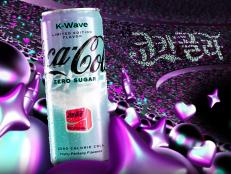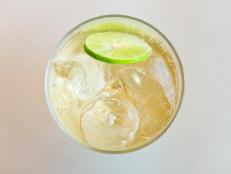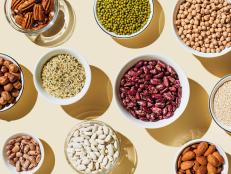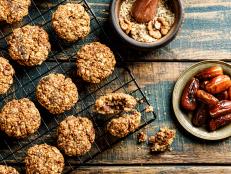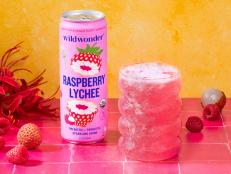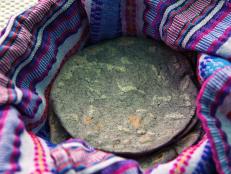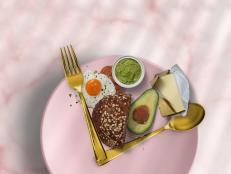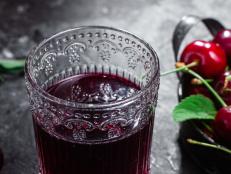What Exactly Is Brominated Vegetable Oil?
And why does it lurk on some diet soda labels?
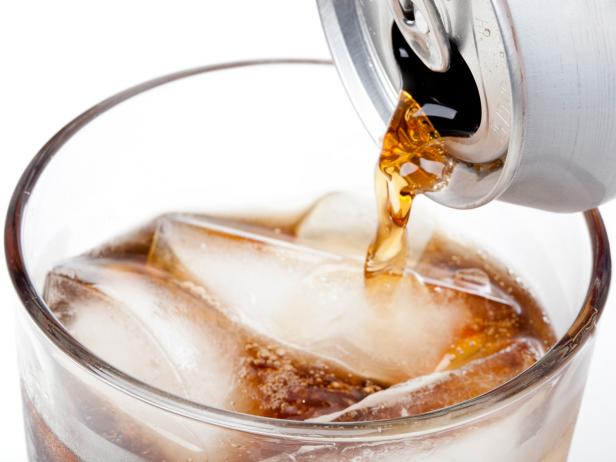
Brent Hofacker
Brominated vegetable oils (BVO) is an ingredient that pops up at the end of the nutrition facts label on your diet soda. But is it cause for concern? According to an official definition, they are used to keep natural flavoring oils well-blended in your beverage, since, as we all know, oils don’t mix well with water. And water is the main ingredient in most beverages. BVO is usually derived from corn or soybean oil.
Ingredients on an ingredient label are listed in order of amounts used in a product. That’s why what’s at the top matters. But what about being listed at the very end of a label? It means the amounts are very small – and the FDA has approved the use of BVO, at least in small amounts.
But BVO is not allowed as a food additive in Japan or in Europe. In 2013, PepsiCo announce that it would remove BVO from Gatorade products. In 2014, Coca-Cola announced removal of BVO from all products. Ingredient listings for Pepsi’s Diet Mountain Dew, Mountain Dew, and Dr. Pepper’s Diet Sun Drop and Crush Pineapple include BVO. Coke doesn’t list BVO in their ingredient listing.
“Health concerns about BVO stem from one of its ingredients, bromine. Bromine can irritate the skin, nose, mouth and stomach,” says Katherine Zeratsky, RD, LD, registered dietitian at the Mayo Clinic. “It’s also been linked to neurologic symptoms in people who drink large quantities of citrus soda — more than 2 liters a day.” And there are questions about whether bromine may build up in the body.
If these questions are enough to make you ditch that diet soda habit, you have other options. Sparkling water with a squeeze of lime is a refreshing alternative. Or, when looking for an afternoon boost of energy, think about boosting the immune system as well with kombucha. Gut-friendly kombucha is made with tea, so contains caffeine for energy. Most kombucha also has fizzy bubbles (similar to your favorite soda) and may increase overall health by improving gut health.
Related Links:
Serena Ball, MS, RD is a registered dietitian nutritionist, food writer, and recipe developer. She blogs at TeaspoonOfSpice.com. Follow her @TspCurry on Twitter and Instagram.



























